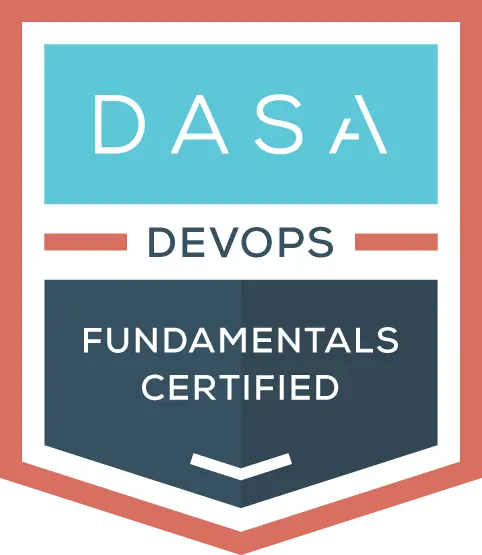The DevOps Research and Assessment (DORA) is a research program that seeks to understand the capabilities that drive software delivery and operations performance. The DORA team has identified and validated a set of capabilities that drive higher software delivery and organizational performance. These capabilities are used to help teams apply them and lead to better organizational performance. It comprises four significant domains: Technical, Measurement, Process, and Cultural capabilities.

Source: https://dora.dev/devops-capabilities
Technical Capabilities encompass critical DevOps practices and tools. These include:
- Continuous Delivery, which allows rapid and safe deployment of code changes
- Continuous integration: A guide to implementing continuous integration practices for faster feedback and higher quality
- Test Automation for validating code modifications
- Trunk-Based Development for working directly on the main code branch
- Version Control for effective code management and collaboration
Measurement Capabilities pertain to the assessment and monitoring of DevOps processes and systems. These involve Continuous Testing for persistent validation of applications in production, Monitoring and Observability for quick issue identification and resolution, and Metrics and KPIs for driving constant improvement. Additionally, the concept of Telemetry is vital, as it involves data collection about system performance to guide decision-making.
Process Capabilities focus on the methods used to develop and deliver software. Lean Management involves applying lean principles like limiting work in progress and promoting constant enhancement. Change Management ensures controlled handling of code and infrastructure modifications. Incident Management pertains to the prompt and efficient response to incidents to minimize downtime. Value Stream Mapping, another essential capability, involves creating a visual depiction of the entire software delivery process to identify potential improvements.
Lastly, Cultural Capabilities emphasize the organization’s culture and mindset. These involve effective Collaboration and Communication across teams, Continuous Learning for skill and knowledge enhancement, and Psychological Safety, which ensures a supportive environment for risk-taking and experimentation. Leadership is also crucial for providing effective backing for DevOps initiatives.
Understanding these four domains and their associated capabilities allows for an assessment of an organization’s DevOps maturity, pointing out areas requiring improvement. This understanding is fundamental to delivering high-quality software swiftly and reliably, while simultaneously boosting team morale and customer satisfaction.


DASA DevOps Fundamentals Certification Program
DASA DevOps Fundamentals Certification Program equips you with the foundational skills to understand and implement key DevOps principles. You’ll learn how to foster collaboration across teams, streamline workflows, and accelerate delivery cycles—all while ensuring your organization is prepared for long-term digital transformation.


